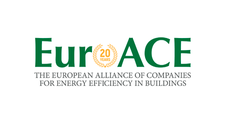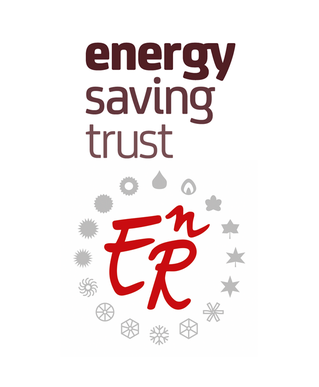Search eceee proceedings
Understanding the social dynamics of consumer energy choices – some lessons learned from two H2020 projects (ECHOES, SMARTEES)
Panel: 1. The dynamics of limiting (energy) consumption
This is a peer-reviewed paper.
Author:
Christian Klöckner, NTNU, Norway
Abstract
This paper presents analyses based on data from two H2020 projects coordinated by the author. In ECHOES, energy choices of consumers are studied from a multilevel perspective, including particularly the question, how choices framed as group choices (e.g., choices people living in a particular region, city or country) differ from choices framed as individual choices. Results from a representative multinational survey with more than 18,000 respondents conducted in all EU member states plus Switzerland, Turkey, and Norway are presented.
In the survey, an online experiment was conducted manipulating if predictors of energy saving behavior were introduced as a choice with a connection to other people in the region, the country, or the European Union. The analyses show that intentions to support the Energy Transition by energy saving behavior are impacted by the degree a person embraces an environmental identity, the feeling of being morally obliged (personal norms), the feeling of individual efficacy, but also social norms and the degree of identification with the people in the respective geographic entity (municipality, country, EU).
Citizens of the different countries differ strongly in the degree they identify with their municipality or the EU in relation to their country and the degree of how strong they perceive the social norms and individual efficacy in their municipality or country in relation to the EU. Whereas identification with the EU is usually rather low in most countries, social norms to save energy are experienced to be stronger on the EU level than on the lower levels. Also, efficacy is perceived to be higher on the EU level. These findings are supplemented by preliminary findings from the SMARTEES project, which studies the diffusion of five types of social innovations in energy (inclusive mobility planning, energy autonomous islands, introducing car-free "superblocks" in cities, city quarter revitalization through energy effectivization, fighting fuel poverty through participatory energy efficiency plans).
For this paper, first findings of the ongoing social network analyses in the social innovation cases are presented, outlining who key actors in such innovation cases are - again underlining the important function of communication, interaction and decision-making in groups. Two cases were selected (the Danish “Energy Island” Samsø and the Swedish eco-neighbourhood Augustenborg in Malmö).I n both cases, it becomes obvious that successful social energy innovations require the collaboration of a complex network of actors sitting at key positions in the social networks. Long term restructuring of local societies requires individuals that have the ability to engage larger fractions of the diverse network of different actors. Across both projects, this paper makes a strong case for studying consumer-driven energy choices towards energy sufficiency and innovation from a social systems perspective, rather than a technological or overly individualistic perspective.
Downloads
Download this paper as pdf: 1-013-19_Kloeckner.pdf
Download this presentation as pdf: 1-013-19_Kloeckner_Presentation.pdf
Panels of
1. The dynamics of limiting (energy) consumption
2. What's next in energy policy?
4. Monitoring and evaluation for greater impact
5. Smart and sustainable communities
7. Make buildings policies great again
8. Buildings: technologies and systems beyond energy efficiency
9. Improving energy efficiency in ICT, appliances and products

























